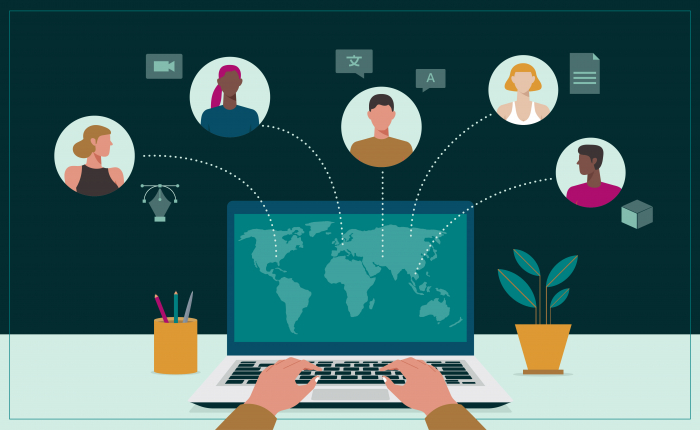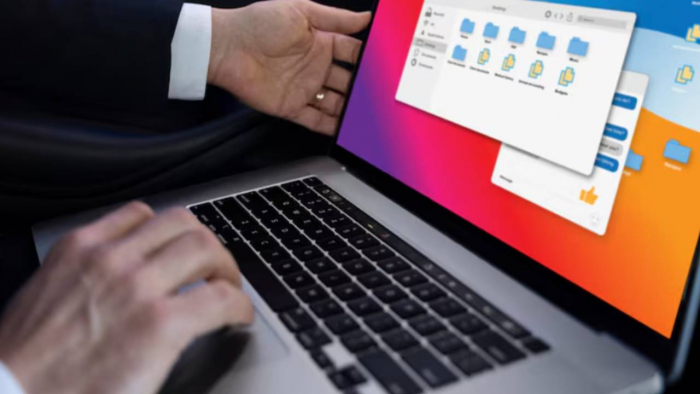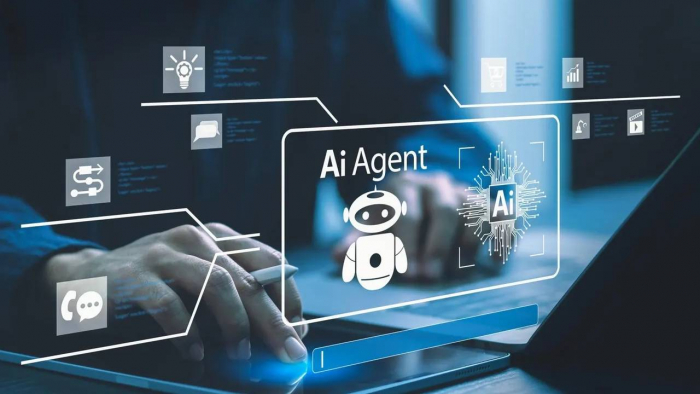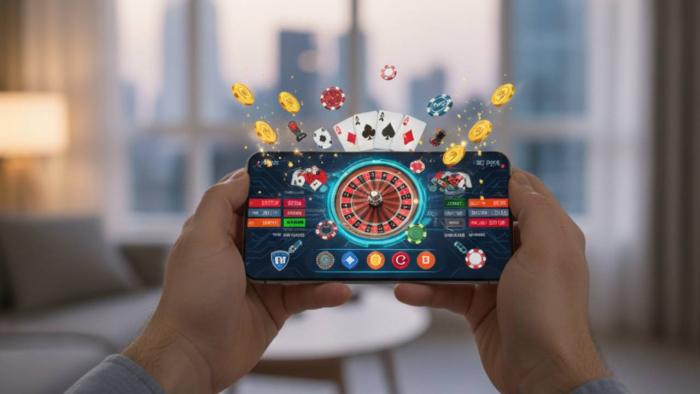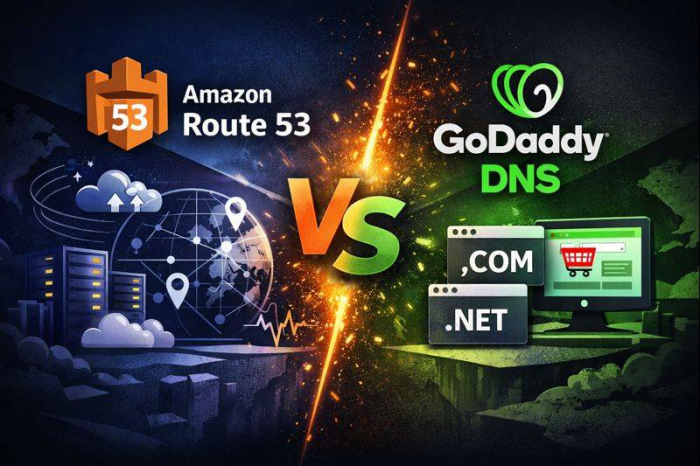Table of Content
- The Rapid Shift Toward AI in Education
- Experiencing the Power of Personalized Learning
- Do AI Tutors Really Make a Difference?
- Challenges I Faced Using AI Companions
- Where AI Shines in Real-Life Learning
- Redefining What It Means to Be Smart
- Why AI Works Best Alongside Human Teachers
- My Takeaway: Can Machines Truly Make Us Smarter?
- Final Reflection
I still remember my first encounter with an AI tutor. It wasn’t in a classroom. It was on my phone, late at night, when I was struggling to wrap my head around a tricky math problem. The app didn’t sigh, didn’t get tired, and didn’t tell me to come back tomorrow. Instead, it patiently broke the problem down step by step until I finally got it. That’s when I realized: machines might not just help me learn; they might actually make me smarter.
The Rapid Shift Toward AI in Education
In just a few years, I’ve watched education transform from chalkboards to chatbots. According to HolonIQ, global spending on AI in education is projected to reach $25 billion by 2028. Platforms like Khan Academy’s Khanmigo and Duolingo Max are paving the way, showing how AI can become more than just a tool; it can be a true learning companion.
And it’s not just education enthusiasts saying this. In discussions across the AI community, people are already exploring how artificial intelligence is evolving beyond coding into companionship roles in learning and daily life (OpenAI Community). That perspective changes how I see these tools: not as software, but as partners in growth.
Experiencing the Power of Personalized Learning
When I first used an AI-driven app, I was shocked at how quickly it adapted to me. It wasn’t just giving me random exercises. It was studying how I solved problems, identifying where I stumbled, and adjusting the difficulty in real time.
Here’s where AI shines:
- It tailors lessons to each learner’s unique pace.
- It provides instant feedback, cutting out the days of waiting for graded assignments.
- It gathers insights about strengths and weaknesses through data analysis.
- It gamifies learning, turning study sessions into interactive challenges.
That level of customization made me realize something: AI doesn’t just teach, it learns me.
Do AI Tutors Really Make a Difference?
I used to wonder if these digital companions were just hype. But the evidence is hard to ignore. A Stanford study in 2023 revealed that students with AI tutors saw math scores improve by 18% compared to those without. Carnegie Learning found its AI-powered math system helped middle schoolers progress twice as fast as traditional instruction.
Even in language learning, the difference is striking. Duolingo reports that personalized AI lessons boost retention by nearly 19%. I noticed it myself, the app remembered the words I always messed up on and made sure I practiced them until they stuck.
Machines don’t just drill facts. They help knowledge stick.
Challenges I Faced Using AI Companions
It wasn’t all smooth sailing, though. At one point, I leaned on AI so heavily that I stopped thinking critically. Instead of puzzling through a question, I waited for the machine to hand me the answer. That scared me.
Here are the limits I learned to respect:
- Over-reliance weakens thinking – AI can make things too easy if I’m not careful.
- Bias sneaks in – Sometimes answers reflected cultural assumptions I didn’t share.
- Machines lack empathy – No AI has ever cheered me on with the same warmth as a teacher.
- Privacy trade-offs – Every app tracks performance data, which raises security questions.
And these concerns aren’t mine alone. On platforms like Quora, people debate whether AI companions could ever replace human mentors or even friends. That debate made me more cautious. If machines can’t fully replace human relationships, they also shouldn’t replace the human aspects of learning.
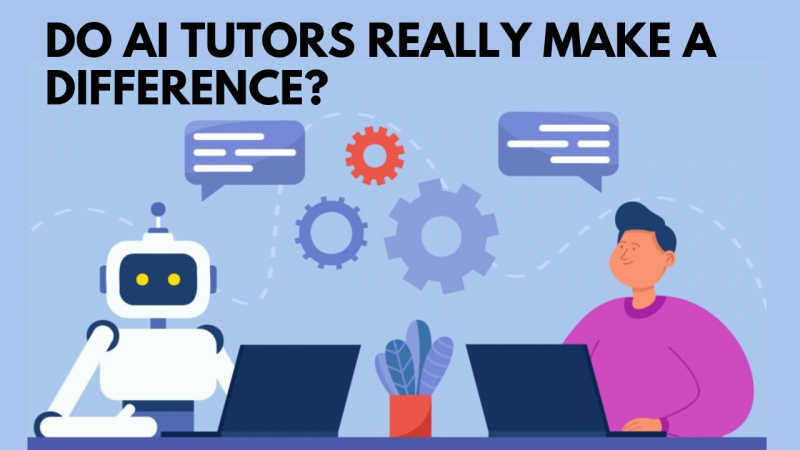
Where AI Shines in Real-Life Learning
Over time, I found that AI companions were most effective in certain areas of my studies:
- Languages: Practicing conversations with AI chatbots gave me fluency without fear of embarrassment.
- Math & STEM: Tools like DreamBox kept problems at just the right difficulty, challenging but not overwhelming.
- Exam prep: Quizlet AI helped me create flashcards tailored to my weak spots.
- Special education: I’ve seen how AI-based assistive tools help students with ADHD stay focused.
The sweet spot is using AI where repetition and personalization matter most.
Redefining What It Means to Be Smart
Before AI, intelligence meant remembering facts, analyzing problems, and coming up with solutions. Today, I see intelligence shifting toward something new: knowing how to use AI effectively.
The World Economic Forum’s 2023 report even stated that 82% of employers expect AI literacy to be as essential as computer literacy within five years. That means being smart in the future isn’t about memorizing more; it’s about leveraging AI to think deeper and faster.
For me, that was a game-changer. Being “smart” isn’t about competing with AI. It’s about collaborating with it.
Why AI Works Best Alongside Human Teachers
Despite the advantages, I realized nothing replaces a teacher’s human touch. AI can adapt lessons and track progress, but it can’t see frustration on my face or encourage me after repeated failures.
The most powerful learning happens when AI and human mentors work together:
- Teachers bring empathy, guidance, and creativity.
- AI provides personalization, analytics, and scalability.
When combined, they create a blended environment that’s more effective than either alone.
My Takeaway: Can Machines Truly Make Us Smarter?
After using AI companions for years, my answer is yes, with conditions. Machines won’t replace curiosity or creativity, but they amplify both when used wisely. AI makes learning faster, more efficient, and more tailored than ever before.
But the real power lies in balance. AI can be a companion on the journey, but I still need to think, question, and create on my own.
So, can machines make us smarter? Absolutely. But the smartest choice is remembering they are partners, not masters, in our learning journey.
Final Reflection
I often think back to that night with the AI math tutor. I was not just solving equations; I was experiencing the future of learning. AI didn’t just make me better at math. It made me better at learning itself.
And in a world where knowledge is power, maybe that’s the smartest upgrade of all.
Post Comment
Be the first to post comment!
